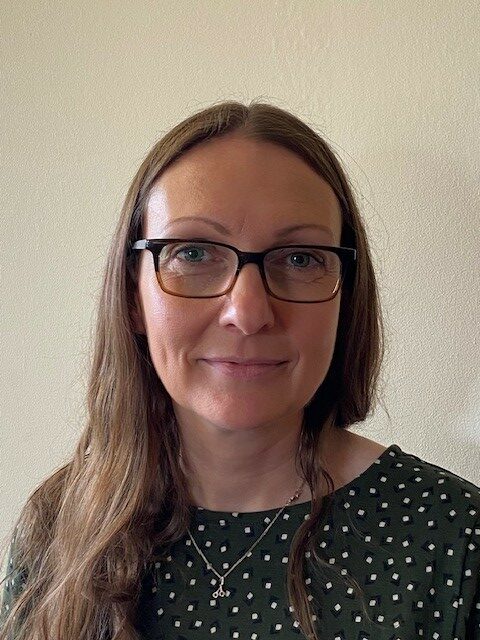Safe and supportive implementation of patient educator programmes in clinical education in mental health
Leila Sharda - Clinical Academic Nurse in Undergraduate Medical Education, Lancashire and South Cumbria NHS Foundation Trust

Mental Health Early Career Researcher Development Fellowship with the Equitable Place-Based Health and Care (EPHC) theme
Background: Patient educator roles in clinical education include small group teaching, mentoring, presenting, and demonstrating. Terms such as “patient as educator”, “expert patient”, and “expert by experience” have been adopted across healthcare disciplines and specialities. Mental health can be different to other healthcare contexts, patient educator roles may be held by people who have experienced severe and enduring mental illnesses, socioeconomically deprived backgrounds and a range of intersecting social inequalities. Previous contact with underfunded services and structural inequalities might deter involvement with education altogether, limiting diversity, and reducing the representation of marginalised groups in education. Research is needed to inform the safe and supportive implementation of patient educator programmes in clinical education in mental health to reduce the potential risks involved in participation and to enable inclusive educational practices.
Research aims and objectives: Existing evidence from different disciplines and types of mental health services will be reviewed to explore:
i) the terminology used to describe patient involvement in clinical education in mental health and how patients are involved in clinical education in mental health,
ii) where patients are involved in mental health, the work they do, and the outcomes reported,
iii) how patient involvement in clinical education in mental health is informed by theory and knowledge, and
iv) the extent and type of evidence for “best practice” patient involvement in clinical education in different mental health services.
Methods: A literature search of existing evidence from different disciplines and types of mental health services will be carried out. This evidence will then be combined and summarised in a narrative synthesis (story-telling approach). The literature identified will be mapped onto an implementation coding manual and the findings will be interpreted using a qualitative content analysis.
Patient and public involvement: A consultation with stakeholders is underway and an advisory group has been set up to develop future research into the safe and supportive implementation of patient educator programmes in clinical education in mental health.
Findings: Learning from the literature review, consultation and advisory groups will be used to develop research related to the safe and supportive implementation of patient educator programmes in clinical education in mental health. Future work will inform the development of a co-designed teaching and learning toolkit and a digital application for patient educators.
Potential impact: Mental health is a cross-cutting speciality and practice originates from core educational experiences. Enhanced educational experiences in mental health will better equip learners to respond to mental illness and related health inequalities regardless of discipline or ultimate career specialty.
Outputs:
• Sharda, L., Wright, K. A Critical Review of Undergraduate Education and Teaching in Forensic Psychiatry (under review).
• Sharda, L., Yasir, M., Robinson, L. Patient as Educators in Undergraduate Forensic Psychiatry: A Scoping Review of the Barriers and Facilitators (under review).
For more information, contact leila.sharda@lscft.nhs.uk